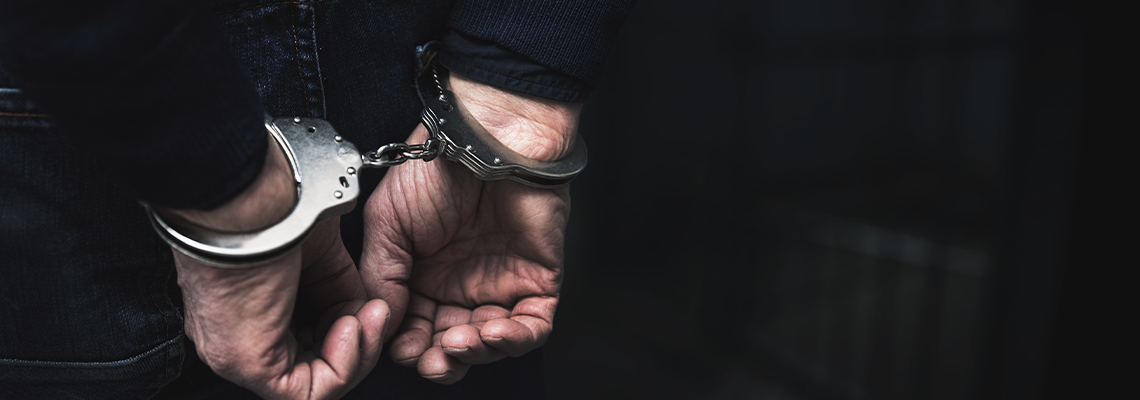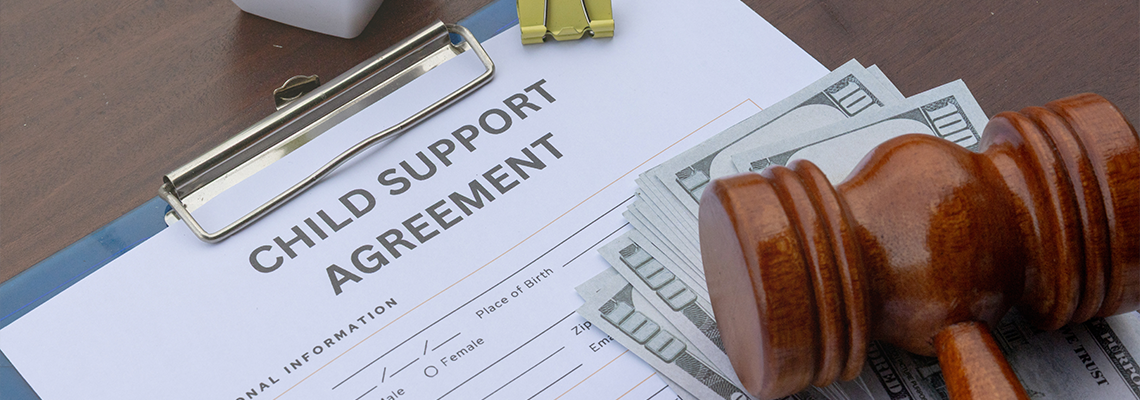
Civil protection orders (CPOs) play a critical role in safeguarding individuals from threats, harassment, or harm. Violating a civil protection order is a serious matter with significant consequences. Read on to know what happens if you breach a CPO.
At Le Fleur Law LLC, Attorney Annie Le Fleur blends aggressive litigation skills and empathy for her Colorado clients. With years of courtroom experience, she provides sound legal representation rooted in trust and compassion.
If you live in Grand Junction, Mesa County, Delta County, or Montrose County, you can rely on Le Fleur Law LLC for tailored, future-focused legal advocacy in challenging situations.
If your life has been impacted by a civil protection order case, working with Le Fleur Law LLC is an effective way to protect your rights and understand your next move.
What Is a Civil Protection Order?
A civil protection order—commonly known as a restraining order—is a court directive requiring one individual to stay away from another for safety reasons.
Such orders are often issued in cases involving domestic violence, harassment, stalking, or threats. They aim to prevent further harm by legally mandating specific restrictions, such as no-contact provisions or limitations on physical proximity to the protected party.
Colorado recognizes three types of protection orders:
Temporary Protection Orders (TPOs): Issued temporarily until a hearing for a permanent order is held.
Permanent Protection Orders (PPOs): Granted after a hearing and remain in effect indefinitely, though they can be modified or dismissed under certain circumstances.
Emergency Protection Orders (EPOs): Issued during urgent situations, often by law enforcement, to provide immediate protection until further court action.
Regardless of the type of order issued, violating its terms can have severe legal and personal repercussions.
Consequences of Violating a Civil Protection Order
Failing to comply with the terms of a civil protection order comes with a variety of serious consequences, including both criminal and civil penalties.
1. Arrest
Violating a CPO is considered a criminal offense and frequently leads to immediate arrest. Law enforcement agencies treat these violations seriously, especially when the protected individual is placed in imminent danger.
2. Criminal Charges
Under Colorado law, violating a civil protection order is treated as a Class 2 misdemeanor. If convicted, you could face penalties such as:
Fines up to $750
Up to 120 days in jail
For repeat or aggravated violations (such as committing additional crimes during the breach), the charge may escalate. For example, a repeat violation or one that involves violence could result in a felony charge carrying more severe penalties, including extended prison time.
3. Impact on Employment and Reputation
Having a misdemeanor or felony conviction for a CPO violation on your record can create significant barriers. It may affect employment opportunities, housing applications, and personal relationships. Employers and landlords who conduct background checks often view criminal convictions as red flags.
4. Harmful Custody Implications
If a civil protection order violation occurs in the context of a child custody dispute, the consequences can extend to family court. Judges take violations seriously and may consider them evidence when deciding child custody arrangements or visitation rights.
5. Additional Legal Actions Against You
Beyond criminal charges, violating a CPO could result in further civil consequences, including modification of the protection order to add stricter terms or new legal claims filed by the protected individual.
Colorado Laws Governing Civil Protection Orders
Colorado’s laws regarding civil protection orders are specified under C.R.S. 18-6-803.5. Key points include:
Mandatory enforcement: Law enforcement must arrest an individual if they have probable cause to believe a CPO has been violated.
Jurisdiction: The violation of a civil protection order is prosecuted in criminal court and is considered a separate crime from any other related charges.
Additional crimes: If further offenses—such as harassment or assault—are committed during a CPO violation, the violator may face multiple compounded charges.
Modification or dismissal: A judge may modify or dismiss a protection order under certain conditions, but the terms of the order must be strictly followed until a court decision is made. Ignoring these terms, even temporarily, constitutes a violation.
Why Legal Representation Matters
Violating a protection order can be an emotionally charged and overwhelming experience. Regardless of the circumstances, it’s essential to work with a skilled attorney who can help potentially mitigate the potential repercussions.
Potential defenses for violation charges vary, but they may include:
Miscommunication or misunderstanding of the order’s terms
Lack of intent to violate the order
Incorrect or unsupported allegations
An insight-driven attorney with courtroom experience can scrutinize evidence, determine whether law enforcement followed proper procedures, and advocate to reduce or dismiss charges where possible.
Criminal Defense Attorney in Grand Junction, Colorado
If you're involved in a civil protection order violation, a tenacious and compassionate attorney can protect your rights. At Le Fleur Law LLC, Attorney Annie Le Fleur strives to secure positive outcomes for her Colorado clients. Her deep understanding of criminal law was built over years of dedicated practice.
She’s known for her fierce advocacy for her clients in Grand Junction, Mesa County, Delta County, and Montrose County. Call today to receive the advocacy you deserve.



